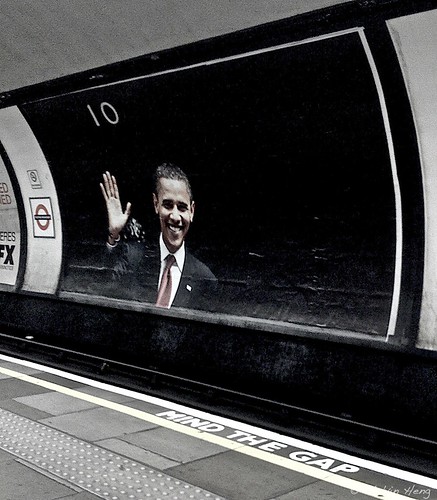This evening I took part in a sound walk-come-performance called ‘As if it Were the Last Time’. It was devised by Duncan Speakman and was put on by subtlemob. It took place on a small number of streets near Covent Garden. It was a (performance? Experience? Neither of these words do -) for two people. We were provided with a map, an mp3, and told to set it going at 6pm on the dot. My critical vocabulary is already struggling with this piece, because it really was very individual. That was the point. For each and every person who took part, the performance (for want of a more accurate word) was theirs. Entirely. And not, in staged theatre, as each audience member receiving the piece from a different perspective. This was each participant doing. The movements, the characters the gestures, the reflection in the shop windows and puddles, and the touch of someone’s hand on a shoulder, were all completely yours. Of your making.
Conventional suspension of disbelief – the time and credence that you pay into conventional, staged performance, pales into comparison to the weight of belief that you pour into this kind of experience. I’m not going to argue that staged theatre is irrelevant, the video game didn’t kill the cinema, theatre is powerful but I do think that this is a form that is incredibly powerful in new ways. A piece of staged theatre is a rip in the space-time continuum, it is a hundred different hours, paid into one, it is a hundred held breaths, a hundred moments of people turning one seen thing, into another. ‘As if it Were the Last Time’ was one whole moment, it was the heat of one breath, it was noticing how the ripples of rain in a puddle shake the light of shop fronts in time to a piece of music. It was stories, yours, of others, and your reflection in the window. It was one voice, lost, and your own, quiet.
You were inhabiting a new world instead of conspiring with another.
The narrative was fractured, the one solid piece of information you were given at the beginning was that the piece was in memory of another, but instead of talking about the person lost, it asked you to find yourself there as if it were your last half hour. It was the story of a person seeing the world as they’d never see it again, you heard thoughts that occurred to them as they saw the same things you did, the memories prompted. The narrative built like a collage, like a barrage of images and sounds and ideas that didn’t fit, and then you realised they were building a whole person. It hurt. And it was wonderful. You felt like you were falling off a building. Or maybe ‘you’ didn’t, maybe only I did.
This was a piece truly (to borrow a phrase from the phenomenologists) about the thickness of experience. It went all the way around the back. It also talked about ‘drifting’ – asked you to find places that were safe, it led you away from your partner, and then back again – and was the closest to the dérive and détournement of the situationists out of anything I’ve taken part in so far (See The Cracks Between the Worlds for more)
There were moments when it faltered, when things weren’t fitting, they didn’t fall into place, but you were seeking, willing them to get back on track, because this was you – your belief at risk. This wasn’t and actor fluffing their lines, it was you, as an avatar of the narrative.
“[an avatar is] amachine that is attached to the psychology of its user. From within that machine the driver can peek out, squinting through alien eyes, and find a new world. And, oddly, the driver can also look into himself, as if gazing into his navel, and find a new landscape inside as well” p.8, I, Avatar
This was a very hard post to write. It might be because I’ve been travelling to and from London for two days. It might be because at the moment I’m horrendously busy and trying to engage my brain on a number of different levels, with a number of different things. Or it might just be that this piece of… experience, was more a part of me than my critical eye finds itself able to analyse.
Those thirty minutes were the most vivid, most high contrast of my week. It was true augmented reality, and I want to take my friends and loved ones back there with me. It hurts that I can’t. But that’s kind of what being is, isn’t it?

